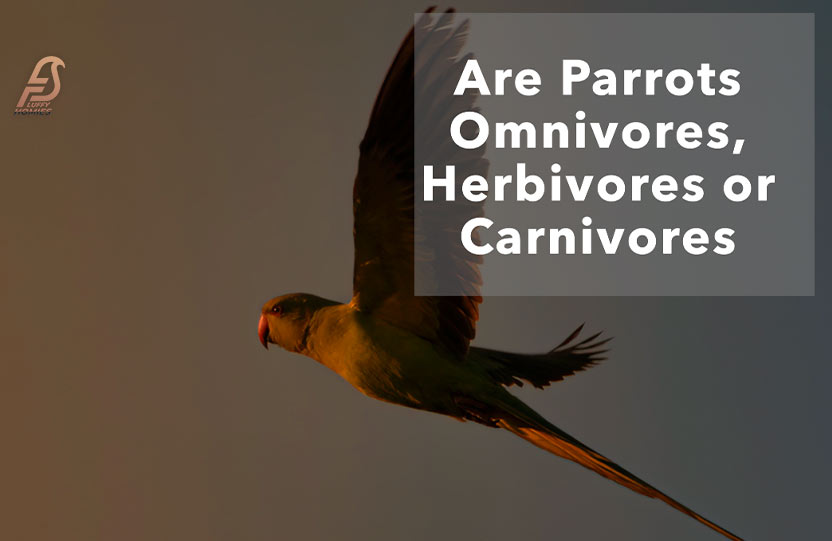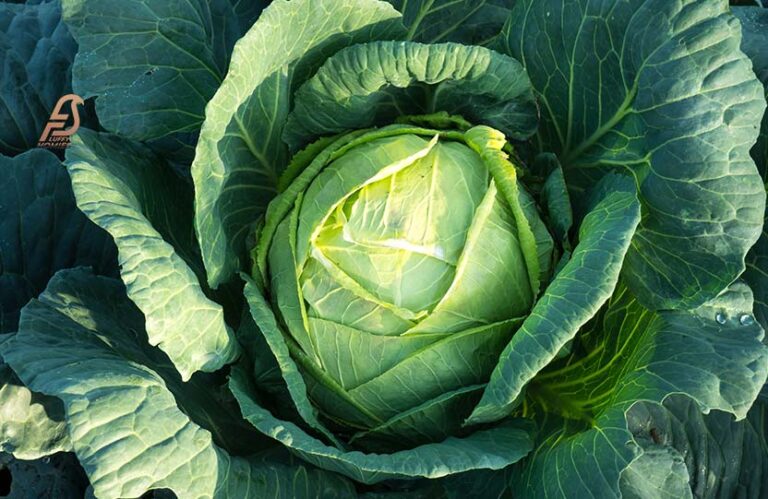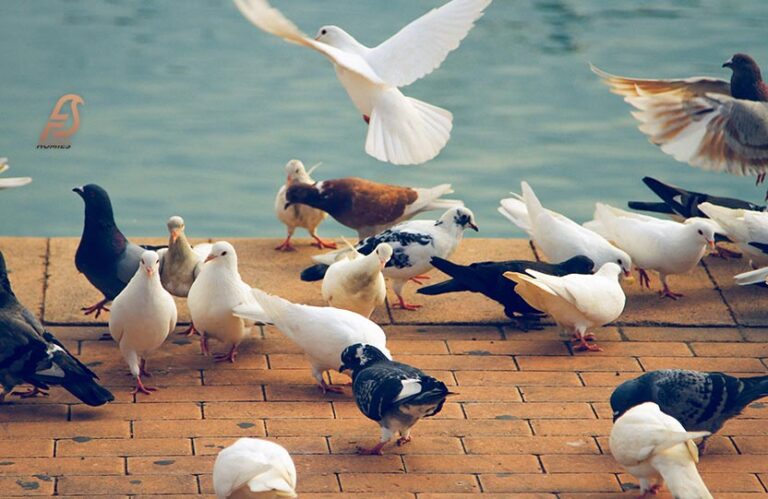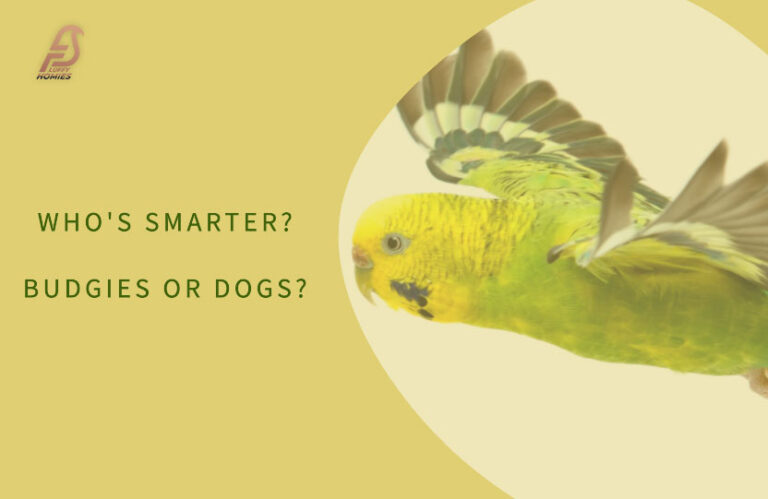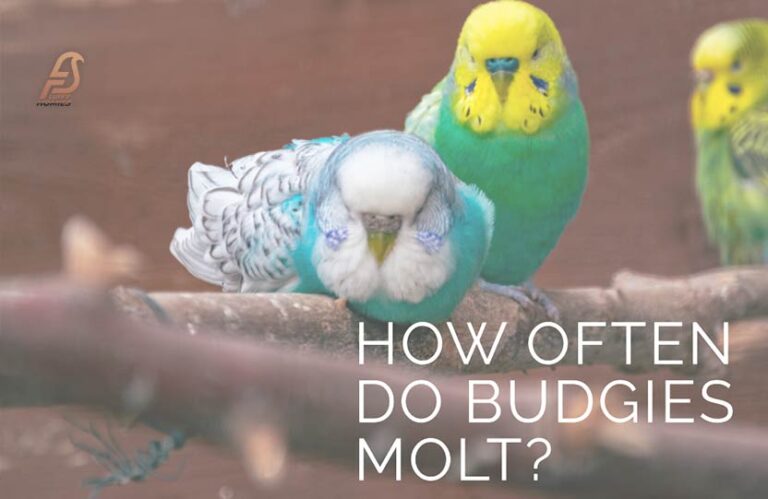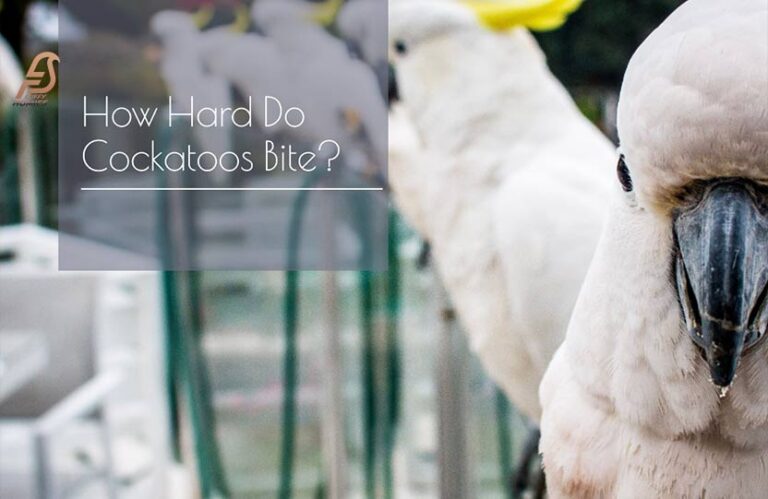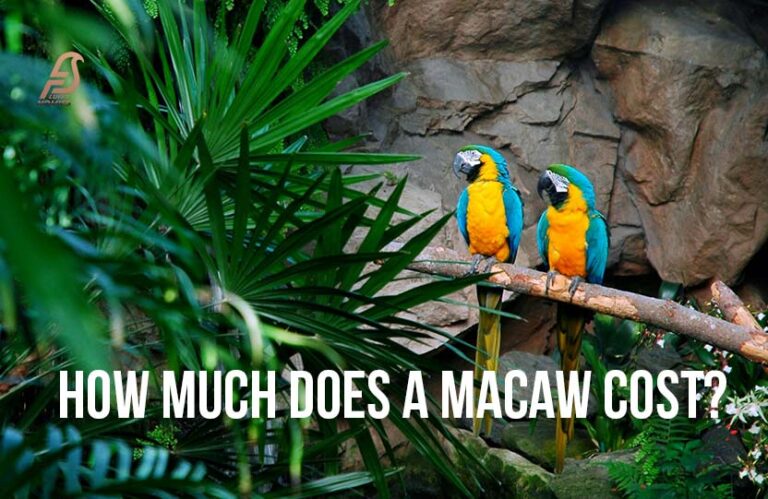Are Parrots Omnivores, Herbivores Or Carnivores? (2024 News)
Parrots are fascinating and popular birds because of their amiability, intellect, and vivid plumage. It is your responsibility as a pet owner to know and meet your bird’s nutritional demands.
A varied array of health issues might develop from an insufficient diet, so it’s important to feed your parrot a balanced diet to keep it healthy.
Whether parrots are omnivores, herbivores, or carnivores is a topic we’ll get into in this post.
Additionally, we will go over what parrots eat in the wild and in captivity, as well as provide tips on how to make sure your pet gets all the nutrients it needs.
A solid foundation for a long-lasting bond with your feathery companion can be laid by learning your parrot’s specific nutritional requirements, which are an important aspect of being a responsible pet owner.
What are Omnivores?
When an animal consumes both plants and animals, it is referred to as an omnivore. Bears, raccoons, and humans are all examples of omnivores that are used frequently in everyday life.
People who are omnivores have a diet that is adaptable, which enables them to adjust to varied surroundings and sources of food.
What are Herbivores?
An animal that consumes plants predominately is referred to as a herbivore. Cattle, horses, and rabbits are all examples of herbivores that are commonly seen in the wild.
The digestive systems of herbivores are highly specialized, which enables them to break down difficult plant material and obtain nutrients from it.
What are Carnivores?
An animal that solely consumes meat is referred to as a carnivore. The lion, the wolf, and the eagle are all examples of carnivores that are commonly found in nature.
Carnivores have sharp teeth and strong jaws that allow them to catch and consume prey.
Are Parrots Omnivores, Herbivores, or Carnivores?
Parrots are omnivores, which means that they eat both plant such as parsley and animal matter. In the wild, parrots feed on a variety of foods, including seeds, fruits such as guava, nuts, flowers, and insects like earthworms.
Birds of paradise have also been known to eat small mammals and animals. As pets, parrots need a diet that is full of different foods that are high in minerals. A mix of seeds, pellets, fruits, and veggies should be fed to a parrot to stay healthy.
It is important to provide your parrot with a balanced diet that includes both plant and animal matter.
Also Check: Budgies vs Cats – Who Rules the Battle of Brains?
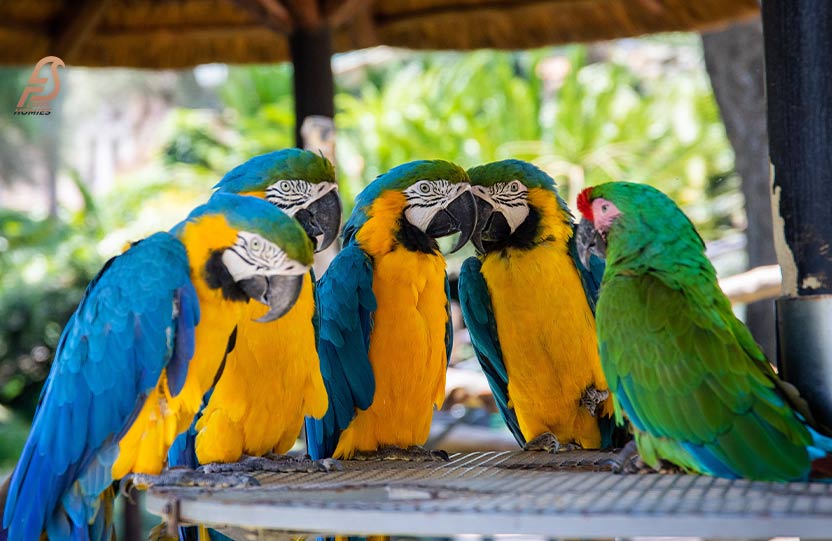
Parrots Diet: Natural Habits
Parrots live in many places around the world, and their natural food choices depend on the type and where they live.
Parrots usually eat both plants and animals, which is called being an omnivore. But the exact foods that parrots eat can be very different based on where they live and what they like to eat.
Such as, the Australian lorikeet and some other types of parrots have special mouths that let them eat flower nectar and pollen.
People in South America watch macaws, which have strong beaks that they use to crack open nuts and seeds such as sunflower seeds.
It has been seen that some parrot species, like the kea in New Zealand, will even eat the meat of cows or sheep.
It’s best to feed your parrot food that is as close to what it would eat in the wild as possible when it is kept as a pet.
This can help make sure that your bird gets all the vitamins, minerals, and nutrients it needs to grow and be healthy.
Parrot Diet: Domestic Habits
You can give your parrot a varied and healthy food that will keep it healthy and happy by learning about its species and what it normally eats.
Remember that parrots’ food requirements in captivity may vary from their wild eating patterns when planning what to feed your pet.
This is particularly the case with pet parrots, since their diets may be significantly more limited than their wild counterparts.
Fruits like jicama, veggies includes kale, seeds such as sesame seeds, and grains are the usual components of a parrot’s healthy diet.
A comprehensive and balanced food for parrots can also be provided by commercially available pelleted diets.
Having said that, be sure to select a premium brand that includes all the essential elements and nutrients.
You should keep your parrot away from sugar, salt, and fatty foods. Chips, candies, fatty meats, and dairy products are all examples of processed human foods.
Obesity and heart disease are among the health issues that parrots might develop from eating these kinds of foods. Maintaining a constant supply of clean water is also crucial.
Because of their high water consumption, parrots need a clean, constantly replenished water bowl to avoid the development of disease-causing bacteria.
How to Meet the Nutritional Needs of Your Pet Parrot?
Understand your parrot’s dietary requirements
It is crucial to learn about your pet’s individual nutritional demands because different parrot species have varied requirements.
Part of this is figuring out how often to feed them, how much food to give them, and what kinds of food they need.
Serve a wide range of dishes
You should provide a wide selection of foods for your pet parrot so that it can fulfill its nutritional requirements. A variety of fresh produce, nuts, seeds, and pellets are all part of this.
To make sure your parrot gets all the nutrients it needs, offer a wide selection of foods.
Stay away from junk food
Sugary snacks, junk food, and processed meals are bad for parrots since they tend to get overweight.
You should also keep your parrot away from things that are poisonous to them, like as chocolate, avocado, and coffee.
Provide fresh water
Parrots need access to fresh, clean water at all times. Make sure to change your parrot’s water daily and clean their water dish regularly to prevent bacterial growth.
Consider vitamin supplements
In some cases, your pet parrot may benefit from vitamin supplements.
However, it’s important to consult with your veterinarian before giving your parrot any supplements to ensure that they are safe and effective.
Conclusion
In general, parrots are categorized as omnivores, meaning they consume both flora and animals. However, species and natural habitat can significantly influence the dietary preferences of these organisms.
It is essential, when caring for parrots in captivity, to provide a nutritious and well-balanced diet consisting of grains, fruits, vegetables, seeds, and seeds that closely resembles their natural diet.
Additionally, parrots can avoid health problems by avoiding diets high in fat, sugar, and sodium.
Consistent monitoring of your bird’s eating patterns and routine veterinary examinations can additionally aid in the early detection of potential health issues.
FAQs
Is a parrot a herbivore carnivore or omnivore?
Owing to the fact that parrots are omnivores, their varied diet consists of both plant matter and minor animal proteins. Their sporadic predation on insects and natural diet of fruits, grains, nuts, and the like demonstrates their adaptability in both captivity and the wild.
Is a bird a herbivore carnivore or omnivore?
The food choices of birds span a wide range. Hawks are carnivores that hunt prey, while finches and other birds mostly eat seeds and plants (herbivores). Among the many omnivores, pigeons are particularly fond of eating a variety of small animals, insects, and seeds.
Can a parrot eat meat?
Parrots can, in fact, consume meat. While most parrots get their nutrition from nuts, seeds, and fruits, some species that live in the wild also eat insects, larvae, and even small mammals. A balanced diet is essential, and it’s best to check with your vet to be sure they’re getting all the nutrients they need.
Why are parrots omnivores?
Parrots are omnivores because their natural diet consists of a variety of foods, including fruits, seeds, nuts, insects, and occasionally small animals, which provide them with essential nutrients for survival.
